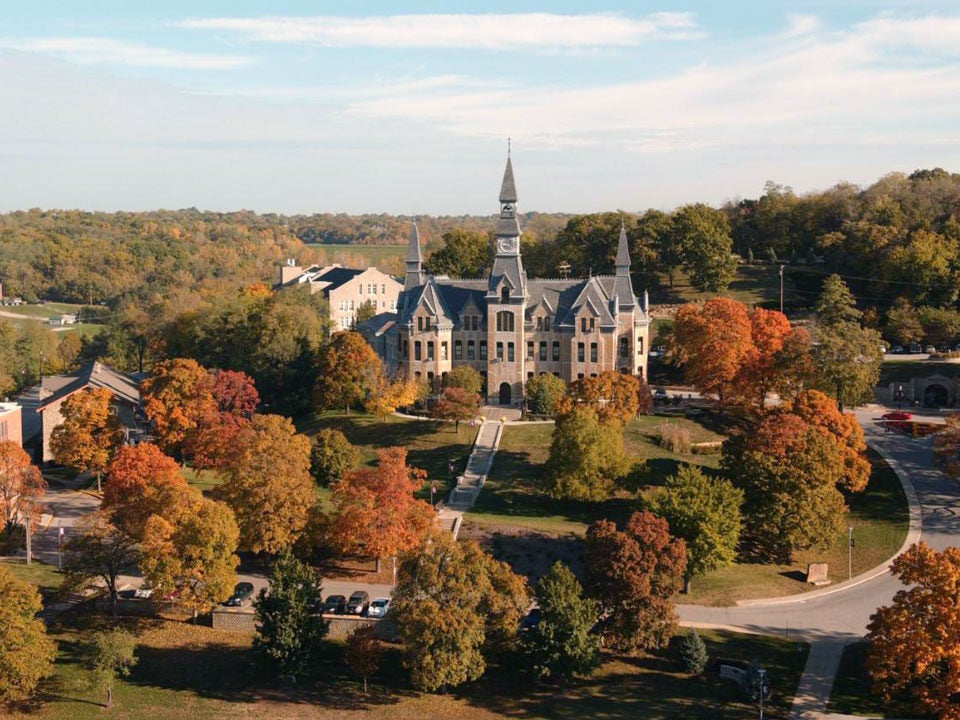Online and On-Campus w/Online Courses
Program Available
Bachelor's
Program Type
Total Credits
120
Affordability
Private School Education At State School Prices
Program Available
Program Type
120
Private School Education At State School Prices
A geography degree from Park University equips students with a comprehensive understanding of both human and physical geography, along with in-demand technical skills such as GIS, spatial analysis, and remote sensing. The program emphasizes real-world application through career-ready, hands-on coursework, internships, and a required capstone that integrates theory with practice. Students also gain valuable research and communication skills that prepare them for careers in government, business, education, or graduate study. By pairing the Bachelor of Science in Geography with a social sciences minor in a complementary field, students can prepare for their purpose by tailoring their education to match their career interests and goals.
Park University offers a transparent and student-focused approach to tuition and financial aid. Our tuition structure is designed to be competitive and manageable, and our financial aid counselors are available to guide you through every step of the process. From understanding your cost breakdown to exploring funding options, we ensure that financial planning is clear, personalized, and aligned with your educational journey.
Explore Tuition
Ready to take the next step in your education? Park University welcomes applicants with a high school diploma or equivalent who meet our undergraduate admission standards. Bachelor’s degrees require 120 credit hours, including coursework tailored to your major and core academic skills. To graduate, you’ll need to maintain a 2.0 GPA in your major and complete at least 30 credit hours at Park to meet the residency requirements, 15 of which must be earned in the major core. Whether you’re starting fresh or transferring in, we’re here to help you build a strong foundation for your future.
Visit Admissions Policies and Procedures to learn more about admission requirements at Park University.

*General salary and employment outcomes vary by geographic area, previous work experience, education and opportunities for employment that are outside of Park University’s Control. The labor market and average salary range can be explored further at the U.S. Bureau of Labor and Statistics.
Absolutely. The BS in Geography integrates GIS coursework and digital mapping tools to prepare students for careers in geospatial analysis, urban planning, and environmental consulting. Students can also apply credits from Park’s GIS certificate toward the geography degree, creating a seamless path to specialization.
Graduates with an online geography degree can pursue careers in urban planning, environmental consulting, GIS analysis, transportation planning, and government research. This degree equips students with spatial analysis, cartography, and data interpretation skills that are in high demand across the public, private, and nonprofit sectors.
The curriculum includes coursework in ecology, land use, and environmental systems, equipping students with the analytical tools necessary to assess and manage natural resources effectively. Graduates are well-prepared for careers in environmental consulting, conservation planning, and geographic data analysis for agencies focused on sustainability and land stewardship.
Yes. Students pursuing a BS in Geography at Park University can enhance their degree by adding a minor in environmental studies or a certificate in geographic information systems (GIS). These options enable students to tailor their academic experience to align with specific career goals in geospatial technology, environmental policy, or urban planning.
Class Start Dates: Term Dates